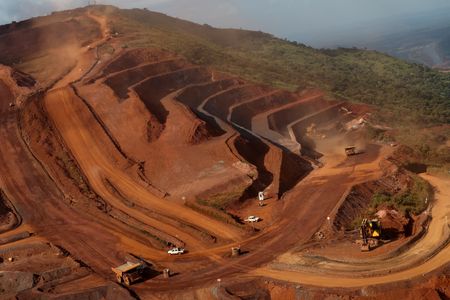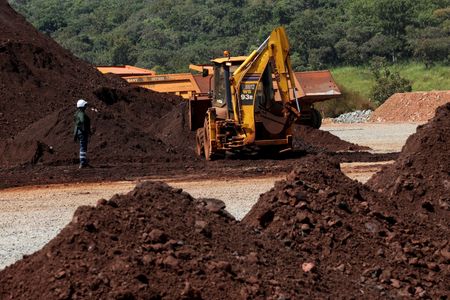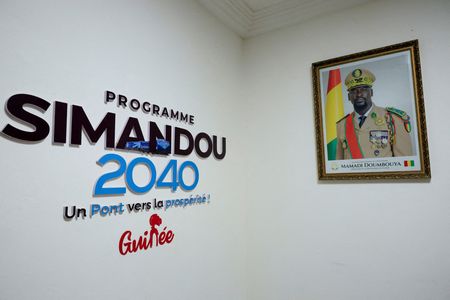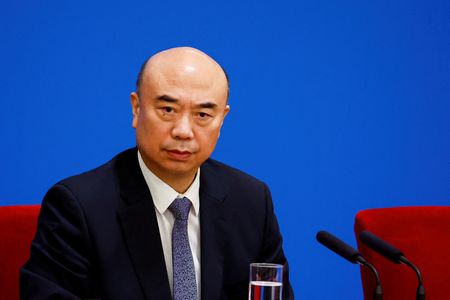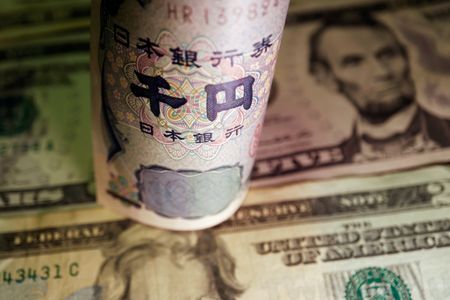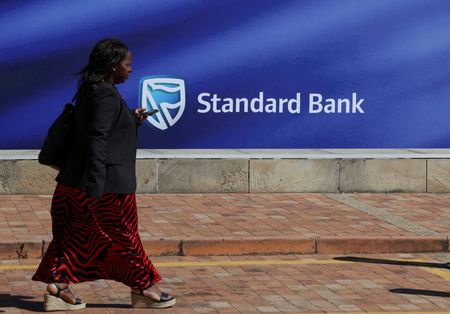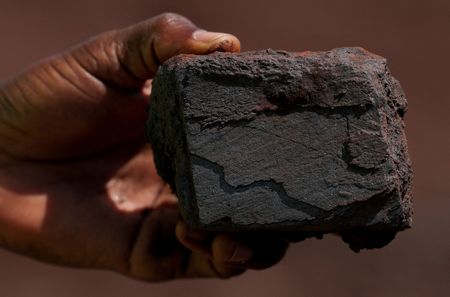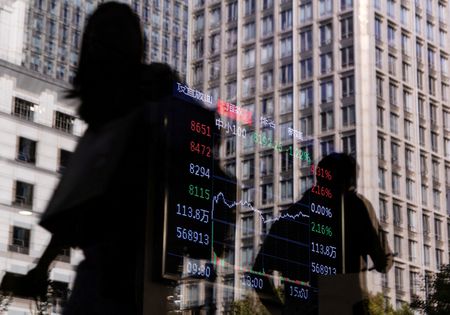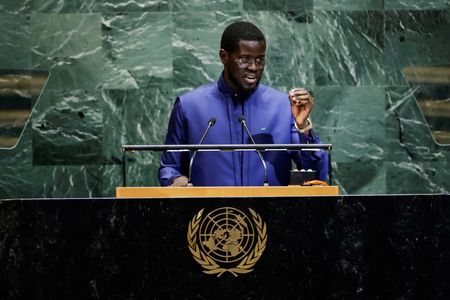By Maxwell Akalaare Adombila
CONAKRY (Reuters) -Guinea plans to launch its first sovereign wealth fund by the second quarter of 2026 with an initial $1 billion, its planning minister said, as the West African nation moves to leverage a flood of revenues from its giant Simandou iron ore mine.
The fund will channel resource income, including from the Simandou project launched this week, into long-term investments that will finance education, infrastructure, agriculture and industry, cushioning the economy against commodity price shocks.
“Whatever revenue we are getting, we will take some portion and put it in the sovereign wealth fund to help us raise more money and do more investment,” Ismael Nabe told journalists in the capital Conakry.
USING MINING WINDFALL TO SMOOTH OUT VOLATILITY
Guinea is already the world’s biggest bauxite exporter and a growing supplier of gold and lithium.
With annual production projected to reach 120 million metric tons of high-grade iron ore, Simandou could add revenues equivalent to 3.4% of gross domestic product to government coffers between 2030 and 2039, according to the International Monetary Fund. That compares with total mining revenues equivalent to 2.2% of GDP in 2022.
Despite that growing dependence on natural resource income, Nabe said investing the windfall into a wealth fund will help Guinea smooth out fiscal volatility linked to erratic commodity prices.
The fund will mirror global models like Singapore’s Temasek and Malaysia’s Khazanah, he said, adding that good governance will be critical.
Guinea, currently run by a military-led government, has consistently ranked among the bottom third of countries on Transparency International’s Corruption Perceptions Index.
“The legal framework is critical. We’ve had advice from Saudi Arabia and Singapore to ensure robust governance,” Nabe said, adding that Guinea was currently recruiting a CEO for the fund.
PLANS TO ISSUE SUKUKS, DIVERSIFY ECONOMY
Natural resource-backed funds in African countries including Botswana and Angola have helped stabilise budgets and finance infrastructure.
Nabe said Guinea’s fund will be underpinned by reforms aimed at plugging fiscal leakages and boosting domestic revenue streams.
It is part of the government’s “Simandou 2040” strategy, a 15-year blueprint to leverage the mine to drive progress in infrastructure, energy, finance and human capital.
The government is also exploring Islamic finance instruments like sukuks as well as partnerships with other sovereign funds to raise additional market funding, Nabe said.
Guinea received its first sovereign credit rating – B+ with a stable outlook – from S&P Global Ratings in September.
Nabe said, beyond mining, Guinea aims to lift fisheries’ share of GDP to 4% and tourism to 7% within six years, from less than 1% now, and boost telecoms to 8% by 2040.
“If we manage proper reforms, GDP could grow strongly and reach the same level as Morocco or South Africa,” Nabe said.
(Reporting by Maxwell Akalaare Adombila; Editing by Veronica Brown and Joe Bavier)

